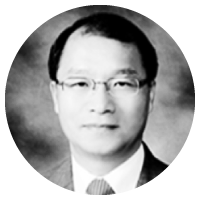
In Jae Lee
Seoul National University of Education, South Korea
Professor, Seoul National University of Education, South Korea
Dr. In Jae is a professor of Seoul National University of Education and has taught research ethics in universities and national research institutes. He is an adviser of the Research Ethics Advisory Committee of the Ministry of Education and a Secretary-General of Korean University Council of Research Ethics (KUCRE). And he has also worked as a member of a committee of investigation of research misconduct in universities and conducted various policy projects of the Ministry of Education for the plagiarism guideline establishment and a survey of research ethics activities in universities and national research institute as a research ethics expert since 2007. He was a chairman of the Preparatory Committee of the International Forum on Research Ethics 2014 (2014 IFRE) that took place on 30/10/2014-31/10/2014 at Seoul National University. He published his book Understanding Research Ethics and Ethical Practice in 2015.
Korea’s Problems in the Establishment of Research Integrity and Resolution Effort
The stem cell paper fabrication, known as the so-called Hwang’s scandal at the end of 2005 has caused a huge impact on the world, including Korea, due to the large-scale research misconduct that occurred in the early 21st century. However, it was paradoxical that the Korean research community, which was nothing more than the barrenness of research ethics, became an opportunity to reflect on itself, to recognize the importance of research ethics, and to make efforts to raise the level of research ethics.
It is now 12 years after Hwang’s scandal happened and at the present time, I will examine what efforts have been made by the Korean research community to establish the research ethics and what has been achieved. I want to systematically analyze what is needed and what kind of effort is needed for it.
We will focus on the process and outcomes of Korea’s efforts to establish research ethics, focusing on the research ethics policy of the Ministry of Education, the establishment of research ethics rules and systems in each university, and the conduct of research ethics education. Researchers will also be looked at the results of several surveys, focusing on how research ethics perceptions and practices have changed over this period. Finally, the main goals for my talks are to search for ways to continually improve using the successes of the establishment of research ethics with history and research culture as a background and to find ways to make South Korea a developed country in research ethics by comparing different country’s experiences.

